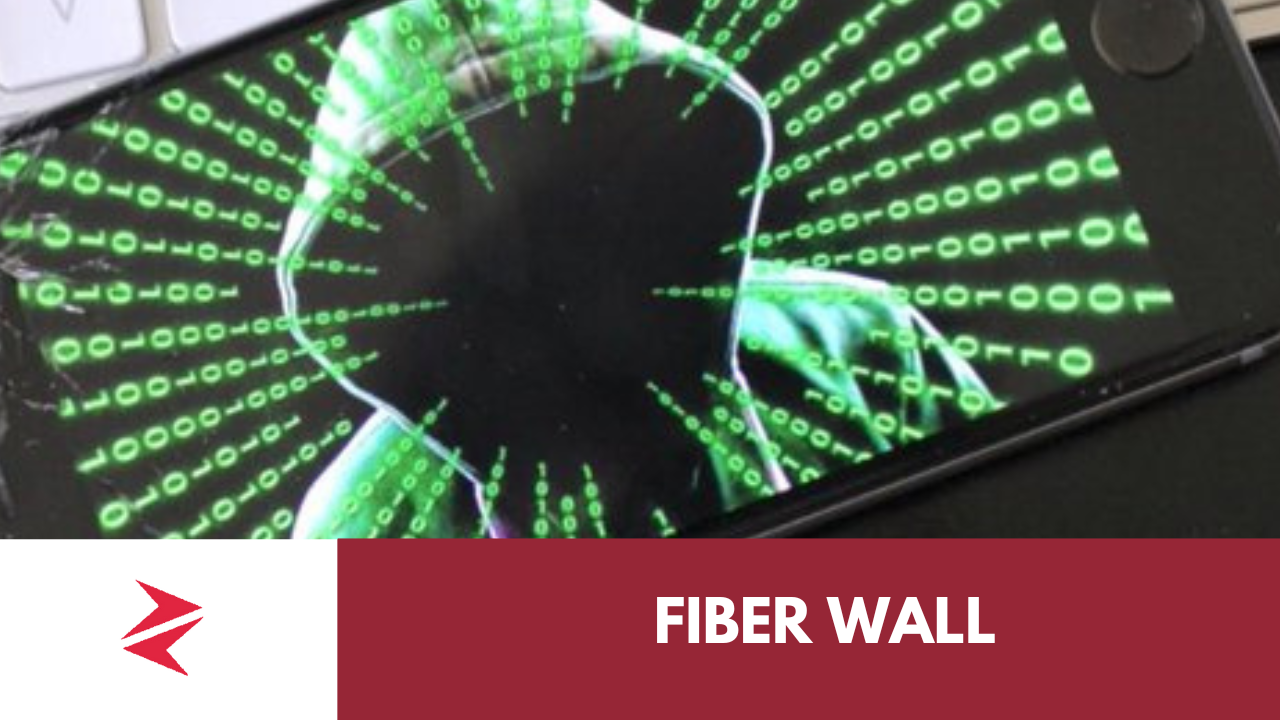
IT
Fiber Wall or Firewall – A Comprehensive Guide: Understanding and Protecting Against SSL Spoofing and Network Surveillance

Hi, what are you looking for?


Alienating the Muslim world Becoming a proxy battleground Turning Somaliland into a bargaining chip Recognition achieved by burning moral capital rarely lasts. What Can...
Crush the terrorists, yes—relentlessly. But hear the weary, angry voices of those who cling to the Constitution. Legitimate or not, their cries demand dialogue,...
Even as India continues to collect silvers and bronzes, it’s Pakistan’s gold that truly shines, reminding us that sometimes, one victory is worth more...
The recent wave of assassinations and targeted killings in Pakistan has sparked significant concerns and speculations about the involvement of foreign intelligence agencies. The...
The world cup is around the corner and almost all the official tickets have been sold out including the Pakistan vs India giant encounter...
Disclaimer: We want to clarify that our intention was never to belittle the efforts of the current Pakistan Tourism Development authorities. This essay on...
This strategic cost to Israel is compounded by domestic pressure on Arab regimes for prioritizing Israel’s protection over the plight of Gazans. Additionally, Iran...
In conclusion, the expulsion of Afghan refugees presents a complex challenge for Pakistan, balancing security concerns with humanitarian considerations. The decision reflects the urgency...
Key Decisions of the Apex Committee with Relevance to Afghanistan The Apex Committee has recently announced crucial decisions in response to the expectations of...
If they manage to qualify with this level of fitness and fielding, it will make me question the importance of talent. In a way,...
However, the most crucial step is an overhaul, beginning with first-class cricket. Adopting the fitness standards, and dietary plans, and promoting lean, muscular physiques...
It all started with Israel carpet-bombing Palestine. Muhammad Rizwan in a post-match tweet after beating Sri Lanka showed his solidarity with Gaza. Here is...
We’ve already witnessed how the Pakistan Football Federation warmly welcomed the Cambodian team. However, if it were a cricket team, the scenario might have...
In conclusion, the experience at Ekana Stadium, Lucknow, raises serious questions about BCCI’s capacity to host major events. From ticketing to amenities, the shortcomings...
Explore a diverse range of cricket discussions, including player retirements, match predictions, and career trajectories.
Will Zaka Ashraf direct his attention towards seeking answers from Cliffe Deacon, Sohail Salim, and Drikus Saaiman? Will there be any form of accountability?...
READ: [Pakistani Rupee To USD] How High Will Pakistani Rupee Appreciate In Exchange With US Dollars?
In Conclusion: A Call for Prudent Economic Policy The weight of the Pakistan/SIFC deal cannot be understated. It has the potential to shape Pakistan’s...
In conclusion, the recent acquisitions and upgrades in Pakistan’s air defence capabilities represent a substantial leap forward in the country’s ability to safeguard its...
Through the intricate lens of history, Quaid-e-Azam Muhammad Ali Jinnah’s legacy emerges as a multi-faceted tapestry, woven by the intertwining threads of political expediencies...
READ: [Pakistani Rupee To USD] How High Will Pakistani Rupee Appreciate In Exchange With US Dollars?
In my opinion, discussing personalities at this level is inappropriate, and those who aspire to be men/women or leaders with moral values and intelligence...
The Al-Qadir Trust case involving Malik Riaz and Imran Khan has more twists than initially thought. The £190m settlement included the purchase of a...
Overall, Bilawal Bhutto Zardari has made significant contributions to Pakistani politics and society. His leadership of the PPP and his work in education, activism,...
Unlike Saqib Nisar. So, let us not hide in the shadows, or be swayed by the allure of the dark. Let us stand tall...
In conclusion, the Asian market still takes the lead in the global outsourcing market due to affordable labor and a highly qualified workforce. Stay...
The opening of Tim Hortons in Pakistan may have brought attention to the issue of economic inequality in the country, but it is unlikely...
Let this day serve as a lesson to all undemocratic individuals and groups: The deceased should not be honored without question. End of story....
READ: [Pakistani Rupee To USD] How High Will Pakistani Rupee Appreciate In Exchange With US Dollars?
Related: Nuclear Weapons not Shurli Patakhay The ‘Junoon’ of these pilots is not to be taken lightly. I disagree that we’ve lost our edge… Technically...